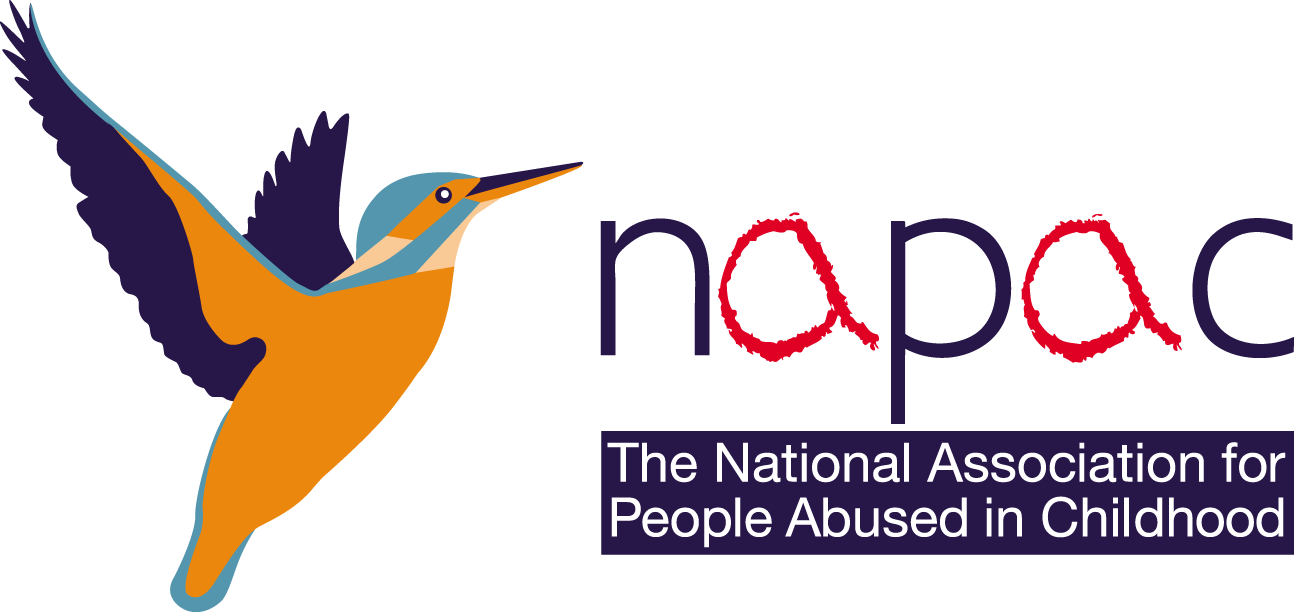
It has been a year since the final report of The Independent Inquiry into Child Sexual Abuse (IICSA) was launched, on 20 October 2022. It represented the culmination of seven years’ work with contributions from 7,000 survivors of abuse in childhood through the Truth Project. It brought national attention to the importance of listening to and learning from survivors.
Where are we now?
We were reassured by the commitments made in the Government’s initial response in May, followed by the launch of the CSE Taskforce, a public consultation on mandatory reporting, and exploratory work to inform a national redress scheme for survivors of abuse in institutions.
NAPAC is proud to be contributing to this work.
Alongside colleagues from the public and private sector, we are advocating for the recommendations and commitment to become positive changes that are meaningful for survivors and help better protect children and young people. We are helping to move things forward and progress is being made.
We believe that the ongoing work of the CSE Taskforce, the recent research from the National Policing Vulnerability Knowledge and Practice Programme (VKPP), the launch of the Child Sexual Abuse Review Panel (CSARP), and the police’s public commitment to belief and support are all evidence that public institutions are learning from IICSA.
We must keep pushing forward
The collective power of our voices, of our experiences, and our commitment to healing and recovery is both helping to shape tangible projects and proving that investing in survivors empowers more people to seek support, to report, and inspires hope in a happier, healthier life after abuse.
We recognise these schemes will take time to develop and deliver effectively, and NAPAC will continue working to ensure that progress is made.
NAPAC’s Head of Development, Dr Kim Bond, recently completed a doctorate on survivors as stakeholders, conducting extensive research into survivors’ priorities including throughout the civil law and justice process. We are using this work to positively influence policy and practice.
Most importantly of course, we will keep listening to and supporting survivors. If you need to talk, we are here when you are ready.
